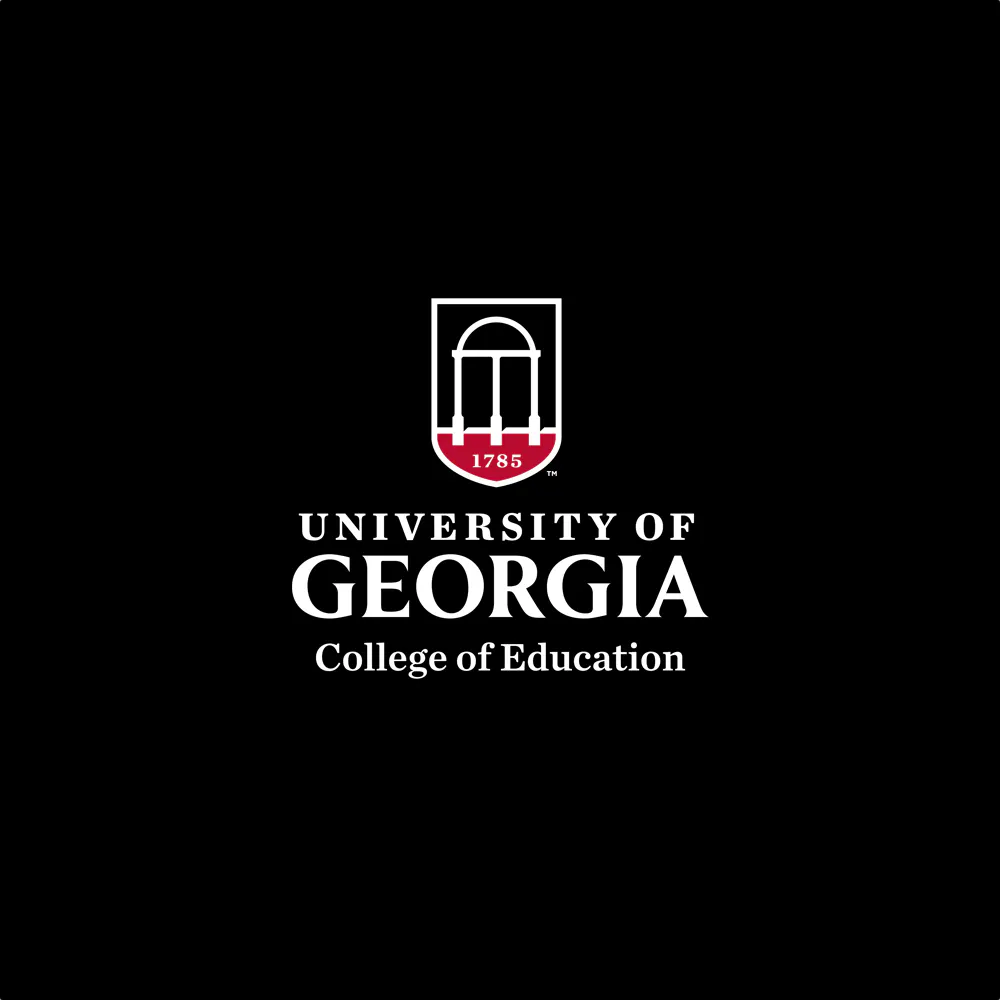Throughout October, a group of science and mathematics teachers from Thailand will learn about classroom structure, curriculum and the latest teaching methods as part of a program to increase the country's STEM education efforts.
The UGA College of Education is hosting 16 teachers this month as part of a collaboration with the Thai government. The program will combine site visits at local schools with workshops and seminars designed to give the teachers a global educational experience. The group will also participate in the Georgia STEM Forum Oct. 20-21, organized by the state Department of Education.
"Thailand education has been greatly influenced by other international systems, so we are now trying to enhance our mathematics and science teachers to study more about STEM education, and try to adjust the concepts to fit with our country's context," says Savittree Rochanasmita Arnold, program coordinator in the Department of Mathematics and Science Education who also works with the Thai government on teacher training.
During the first week of their visit, the teachers attended some welcome events and seminars at the College of Education, and they spent a morning at East Jackson Comprehensive High School in Commerce, where they observed classes such as biology, art, world history and physical education. Their month-long stay also includes a visit to Whit Davis Elementary School in Athens, workshops at Sandy Creek Nature Center and the State Botanical Garden of Georgia, and classes in science teaching methods at the College of Education.
Deborah Tippins, a professor in the Department of Mathematics and Science Education who helped coordinate the visit, said this is one more way the department continues to help the Thai government prepare the next generation of science education graduates. "The teachers selected for the program are highly qualified and recognized for their excellence in science or mathematics teaching in Thailand," she says. During their stay, every one of the mathematics and science department's faculty will be involved by conducting workshops on recent trends in science education.
There is a push in Thailand to improve students' performance in science and STEM-related courses (science, technology, engineering and mathematics). Many in the group say they will have 40 or 50 students in one classroom, making experiments and hands-on lessons difficult. While visiting the East Jackson school, the teachers expressed awe while observing a world history class where less than two dozen students quietly worked on a world religions project.
"Because of the number of students in the class, you can do different activities than most of the classes in Thailand," said Sita Dara, a mathematics teacher with 10 years of experience. She said she was interested to see the ways American teachers work with their classes, and hoped to learn ideas to help her students study more effectively.
Fellow teacher Thance Junnang, who recently started teaching chemistry, also expressed concern about his students' studying habits. "I teach nice students," he said. "They are smart, but many definitely don't want to learn science."
Arnold, who works with the Thai government on professional development for teachers, said UGA is one of three host sites for the program. Other groups of teachers are visiting Michigan State University and SUNY-Cortland. Admission to the program was competitive, with teachers from around Thailand applying for the experience.
The visit comes three months after a summer exchange program that sent several faculty members and area science teachers to Thailand to work with teachers at Kasetsart University Laboratory School, a science-focused high school in Bangkok. The summer program, sponsored by Kasetsart University, also sent four high school students to study their curriculum at the College of Education, where more local teachers worked with the students.
Ultimately, Arnold said, the group of teachers now visiting will return to their home feeling energized, with a new perspective on how a classroom and lessons can be structured. "It's interesting to see how American teachers use technology to support students learning science, and they use it as a tool to evaluate students' problem-solving in the science classroom."
